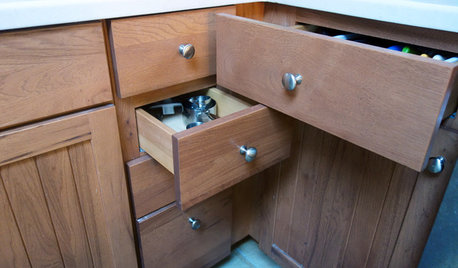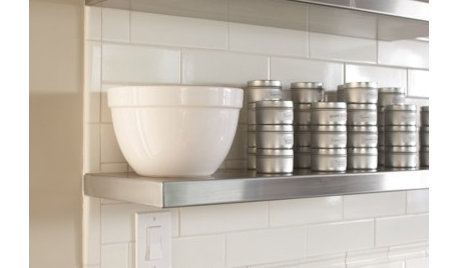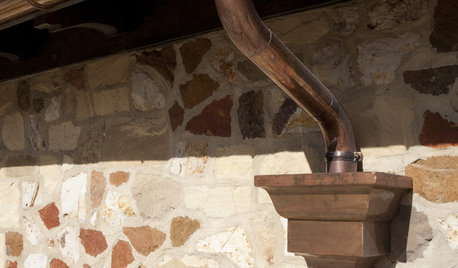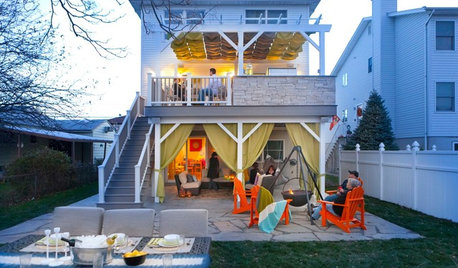Does anybody else open-kettle can?
marian-m
17 years ago
Related Stories

INSIDE HOUZZHow Much Does a Remodel Cost, and How Long Does It Take?
The 2016 Houzz & Home survey asked 120,000 Houzzers about their renovation projects. Here’s what they said
Full Story
FUN HOUZZ10 Truly Irritating Things Your Partner Does in the Kitchen
Dirty dishes, food scraps in the sink — will the madness ever stop?
Full Story
MOST POPULARWhen Does a House Become a Home?
Getting settled can take more than arranging all your stuff. Discover how to make a real connection with where you live
Full Story
KITCHEN DESIGNHow Much Does a Kitchen Makeover Cost?
See what upgrades you can expect in 3 budget ranges, from basic swap-outs to full-on overhauls
Full Story
MIDCENTURY HOMESHouzz Tour: How Can We Get Invited to This Awesome Midcentury Home?
A redwood-clad gem in California’s Marin County features a dreamy outdoor oasis with an open-door policy for the homeowners’ friends
Full Story
HOUSEKEEPINGCan-Do Cleaning Strategies for Busy People
While you dream of having a maid (to go with the cook and chauffer), this simplified cleaning routine can keep your real-world home tidy
Full Story
DECORATING GUIDESYou Said It: 'If You Do Nothing Else ... Clean Your Gutters,' and More
Design advice, observations and inspiration that struck a chord this week
Full Story
LIFEHouzz Call: What Does Summer Look Like at Your Home?
Kids, water, sunshine, backyards, cold drinks — share photos of what summer at home means to you
Full Story
DECORATING GUIDESWhat Does Your Inspiration Board Say About You?
Scraps pinned on a mood board may provide clues to your personality. See what your board reveals
Full Story



harriet05
gw:marian-m
Related Discussions
does anybody else watch american idol?
Q
Can blueberry or raspberry syrup be open kettle canned safely?
Q
Does Anybody Else Get Discouraged
Q
Does anybody else have a DH with decorating opinions?
Q
readinglady
harriet05
Linda_Lou
ksrogers
malonanddonna
prairie_love
gw:marian-m
malonanddonna
annie1992
ksrogers
karen_b
gw:marian-m
annie1992
gardenlad
petrowizard
zabby17
gw:marian-m
mellyofthesouth
gw:marian-m
annie1992
gardenlad
gw:marian-m
gardenlad
prairie_love
readinglady
gardenlad
annie1992
dgkritch
prairie_love
mellyofthesouth
annie1992
afeisty1
zabby17
zemmaj
gardenlad
zabby17